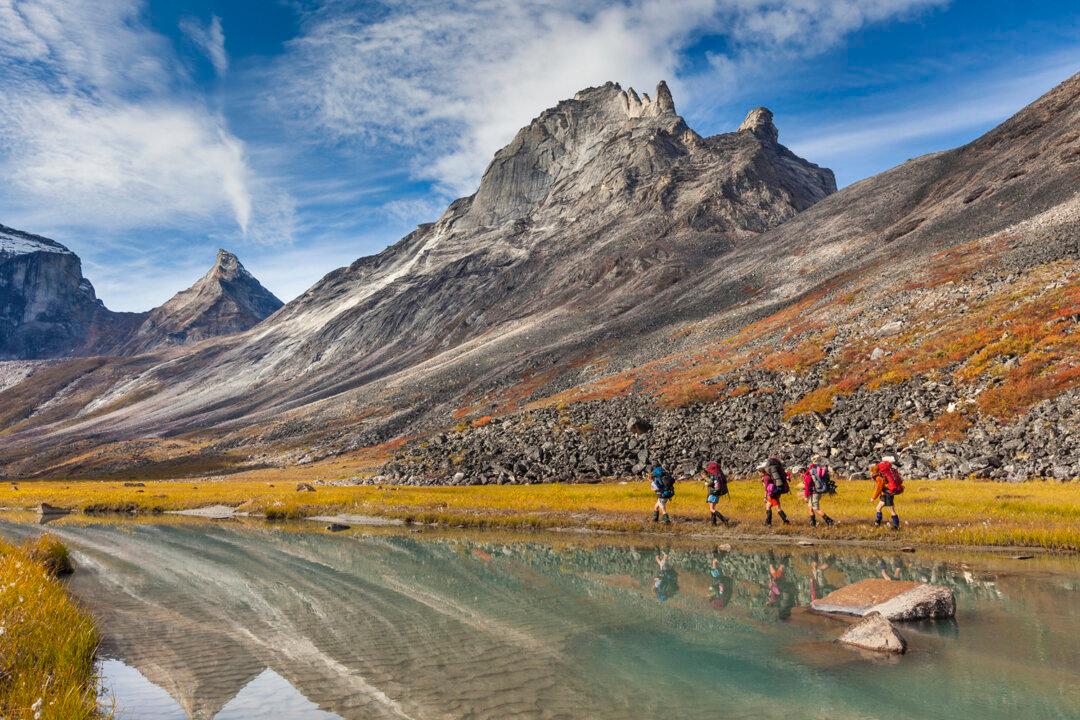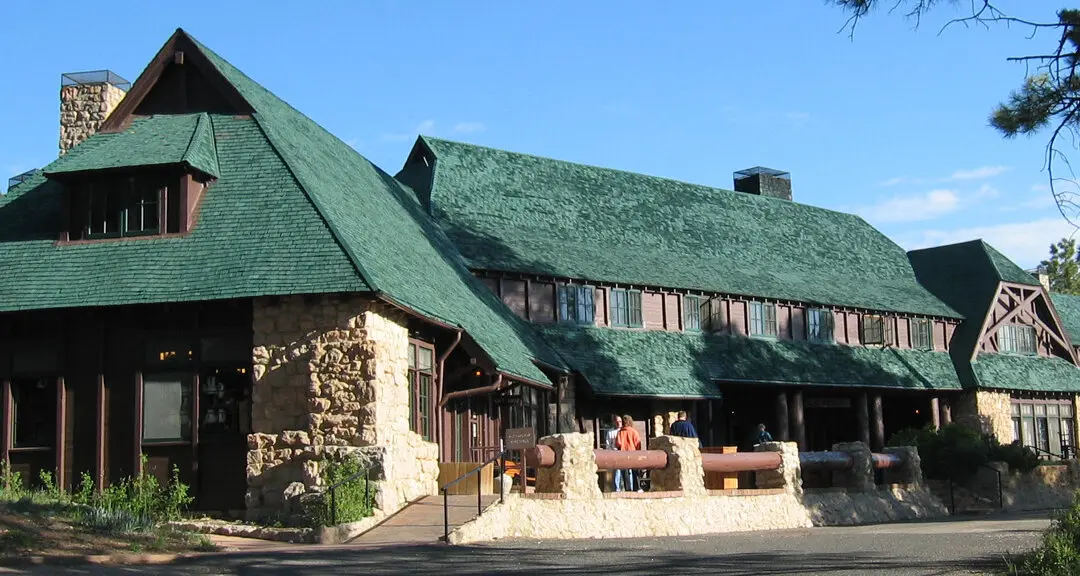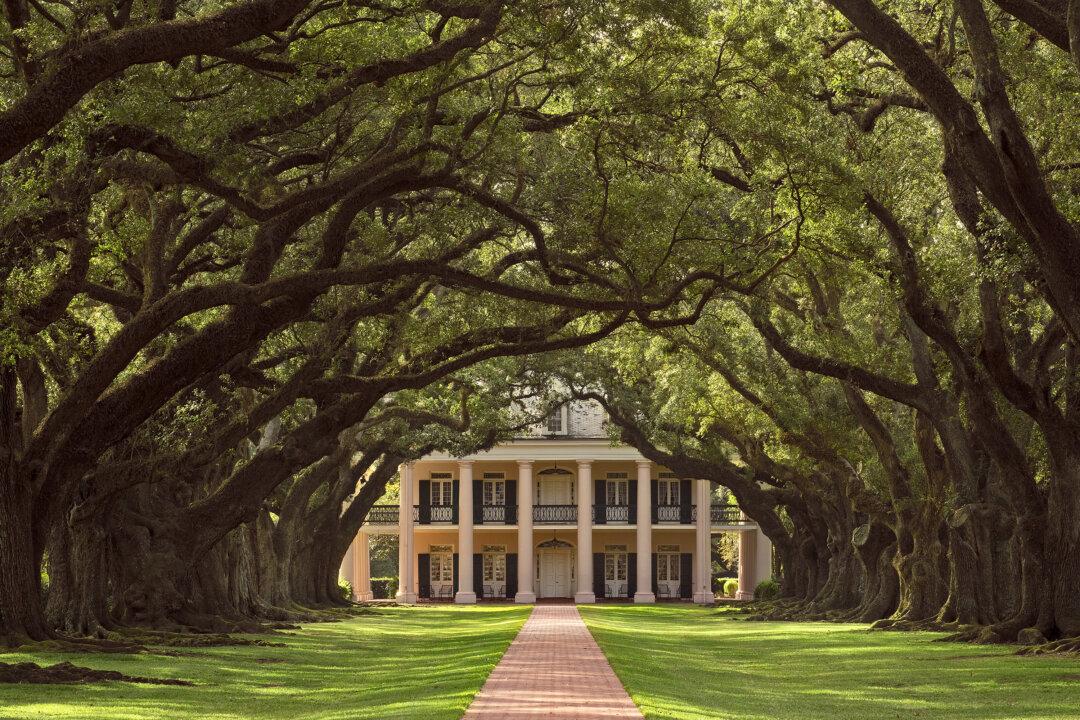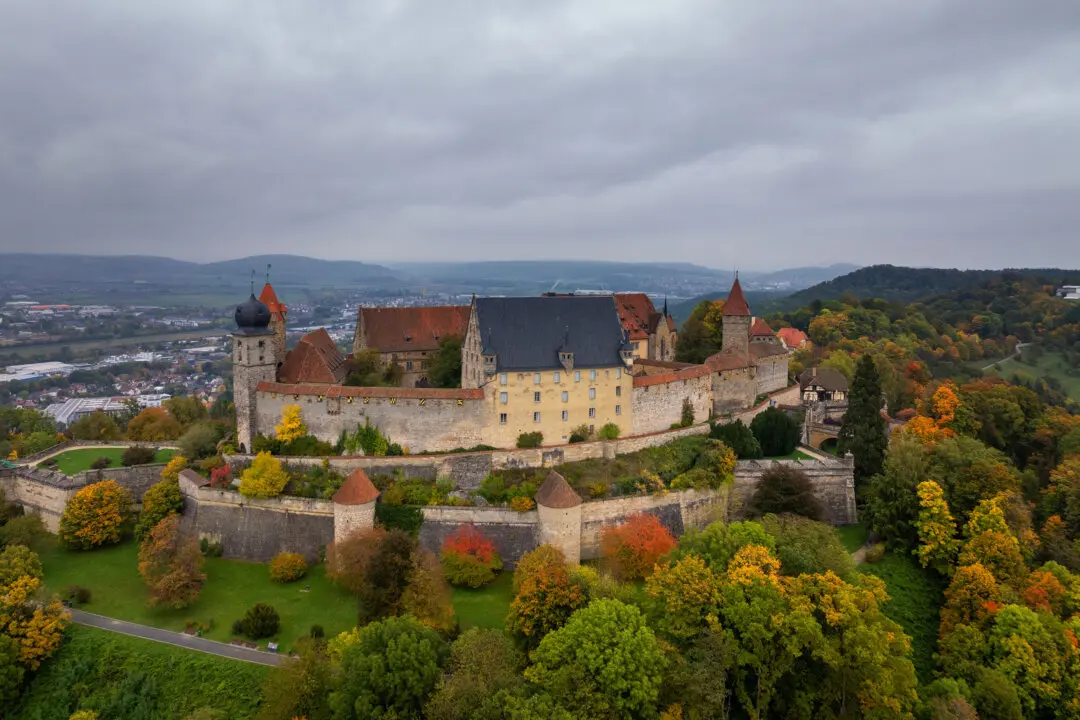“We couldn’t do it without them,” a Utah Department of Natural Resources park ranger said about camp hosts. “They are invaluable.”
Individuals who do camp hosting, also referred to as “workamping,” volunteer their time to keep things clean, handle reservations, and lead educational programs at campgrounds. While most positions are unpaid, some campgrounds offer a small stipend. Retirees and remote workers make up the bulk of camp hosts around the United States. State parks, national parks, and private campgrounds have become reliant on them.





